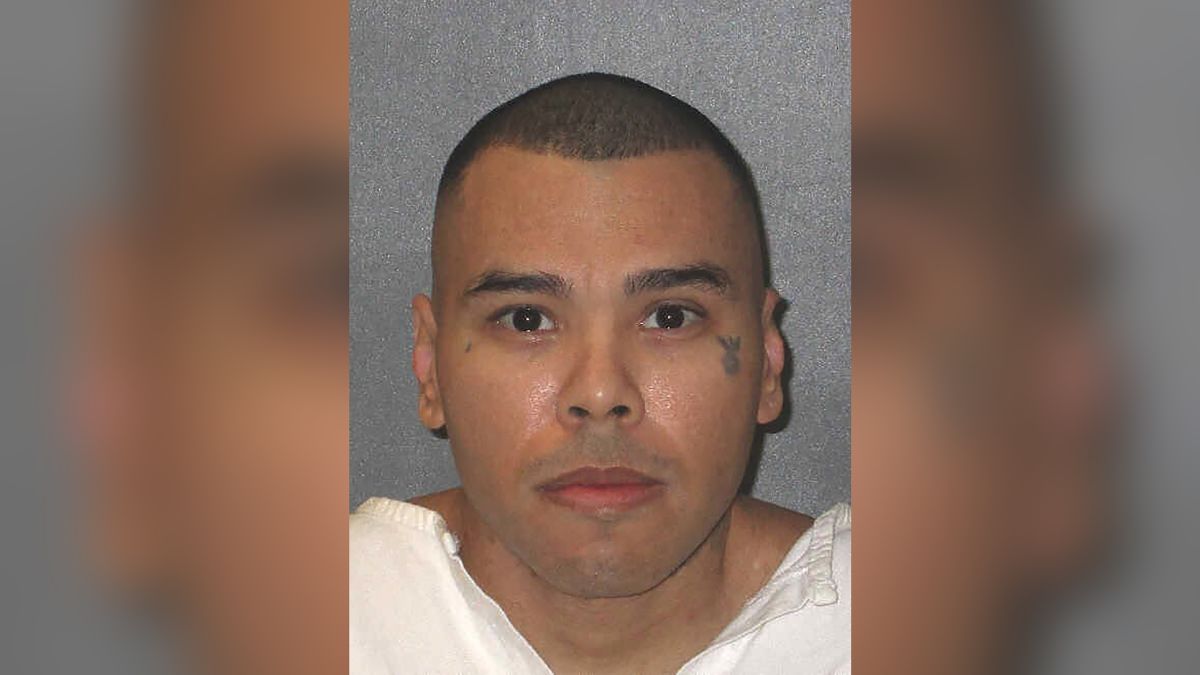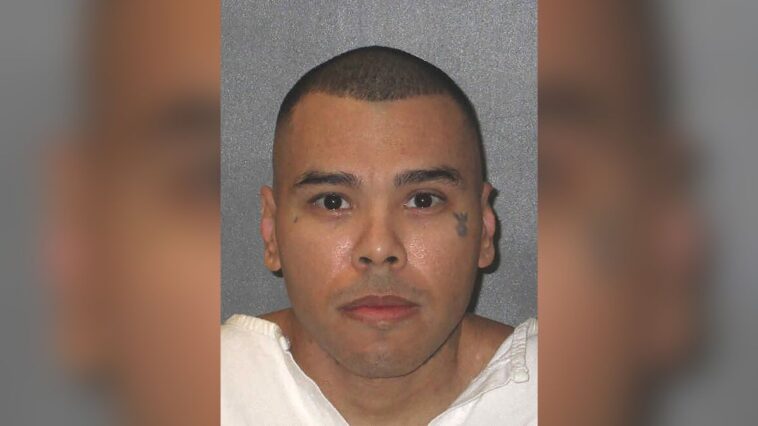
The case of Ruben Gutierrez: Understanding the Supreme Court’s stance on 11th-hour reprieves for death row inmates
The Background
Ruben Gutierrez, a Texas death row inmate, was granted a stay of execution from the U.S. Supreme Court only 20 minutes before he was scheduled to be executed. Gutierrez was convicted of capital murder for the 1998 killing of Escolastica Harrison in Brownsville, Texas. Gutierrez has been seeking DNA testing for over a decade to help prove his innocence, claiming there is no physical or forensic evidence connecting him to the murder. On two different occasions within the past four years, Gutierrez has been minutes away from execution, which his lawyers say has taken a psychological toll on him.
The Law of Parties and Delay Tactics
Gutierrez was convicted under Texas’ law of parties, which holds individuals responsible for the actions of others if they assist or encourage the commission of a crime. Prosecutors claim that Gutierrez’s request for DNA testing is a delay tactic and that he was convicted on various pieces of evidence, including his confession to planning the robbery of Harrison’s home. However, Gutierrez’s attorneys argue that DNA testing is essential to proving his innocence, which is not a delay tactic.
The Supreme Court’s Stance on Last-Minute Execution Stays
Out of 26 requests to stay executions submitted to the Supreme Court in 2020, only one was granted. A 2023 analysis by Bloomberg Law found that of the 270 emergency stays filed by death row inmates in the U.S. between 2013 and 2023, only 11 were granted by the high court. Justice Neil Gorsuch wrote in a 2019 ruling denying a Missouri inmate’s request to stop his execution that “last-minute stays should be the extreme exception, not the norm.” Experts believe that the Supreme Court is generally hostile to requests for execution stays, which can hinder efforts to give inmates and their lawyers more time to make their cases.
The Psychological Toll on Death Row Inmates and Victim’s Families
The delay in Gutierrez’s execution has taken a psychological toll on him, causing frustration, anxiety, and emotional distress. Gutierrez has spent part of his time leading up to his execution meeting with his family for what he thought was the final time. On the other hand, family members of the elderly South Texas woman Gutierrez was convicted of fatally stabbing decades ago said they were devastated by the delay, which only prolongs their pain and suffering. However, Robin M. Maher, executive director of the Death Penalty Information Center, says the delay is necessary to allow for DNA testing so that no one is executed who does not deserve the sentence.
The Future for Ruben Gutierrez and Death Row Inmates
If the Supreme Court decides to accept Gutierrez’s case, it will be argued before the justices. If the high court declines it, the stay will be vacated, and prosecutors could ask the trial judge in the case for a new execution date. By Texas law, a new date would have to be set three months out from when a judge would enter a new order.
Conclusion
The granting of 11th-hour reprieves for death row inmates has been rare from the Supreme Court, with a majority of justices expressing skepticism and even hostility to such requests. However, Ruben Gutierrez’s case highlights the need for a deeper understanding of the psychological toll on death row inmates and the importance of DNA testing in ensuring that no one is executed who does not deserve the sentence.
Originally Post From https://www.wfmj.com/story/51054083/delay-of-texas-death-row-inmates-execution-has-not-been-the-norm-for-supreme-court-experts-say
Read more about this topic at
Stays of Execution in 2018
UPDATE: Lisa Montgomery execution stay granted


